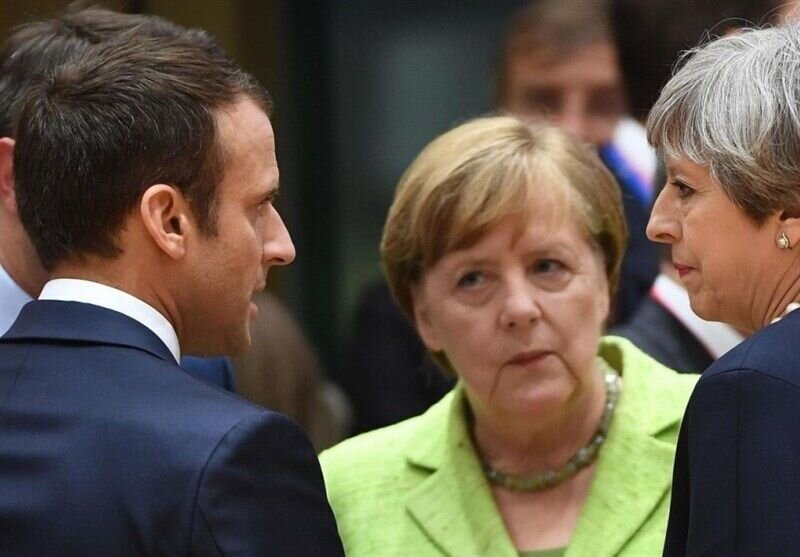Unraveling of Iran nuclear deal exposes Europe’s weakness: Foreign Policy

In an article published on Monday, Foreign Policy said Iran’s announcement of starting enriching uranium to a higher purity has exposed the embarrassing limits of the European Union’s foreign policy when it seeks to take sides against the United States.
Iran officially announced on Sunday that it has started enriching uranium to a higher purity than the 3.67%, as the Europeans missed a 60-day deadline by Tehran to devise a concrete mechanism to protect the country from the U.S. sanctions.
“For European countries and the EU itself, the slow unraveling of the landmark 2015 accord is a particularly brutal reminder of the bloc’s limited ability to chart a truly independent foreign policy,” the article said.
It said that European efforts to counter Trump and preserve the deal have come to naught.
“EU regulations from the 1990s meant to shield European firms from extraterritorial U.S. sanctions have proved hollow; meanwhile, Europe has spent a year trying to launch a very limited financial vehicle called the Instrument in Support of Trade Exchanges (INSTEX) designed to insulate some trade with Iran from U.S. sanctions. But European firms, fearing U.S. sanctions, have fled from the Iranian market, contributing to its sharp economic decline—all while Europe watched, impotent,” the article added.
Ellie Geranmayeh, an Iran expert at the European Council on Foreign Relations, is quoted in the article as saying that the slow-motion crumbling of the 2015 deal “has been one of the defining moments of the limits of European freedom of navigation in terms of foreign policy.”
“If the [nuclear deal] goes down and Europe can’t salvage it, it carries a message for every country—not just Iran—about the relevance that Europeans can play as a global actor,” she said.
“Iran is forcing its way back up the priority list, with the hope that Europeans will look at some creative solutions” to deliver some of the deal’s promised economic benefits, Geranmayeh said.
With Europe loath to directly confront the United States over the nuclear deal, at a time when it is trying to manage rising tensions over trade and NATO, Iran’s latest move to bump up its uranium enrichment levels above the 3.67 percent purity ceiling set in the agreement is a nudge to force Europe’s hand, as well as that of Russia and China, two other signatories to the agreement.
Foreign Policy quoted Richard Dalton, a former British ambassador to Iran, as saying, “For Europe to try harder to get INSTEX really effective … Europe’s going to have consider much more substantial funding.”
The EU announced on June 28 that its special financial mechanism for trade with Iran, known as INSTEX, has gone into effect.
INSTEX – the Instrument in Support of Trade Exchanges - is a European special purpose vehicle aimed at facilitating legitimate trade between Europe and Iran.
Iran says the mechanism is far short of Iran’s expectation.
One of Iran’s chief demands, based on the JCPOA, is that Europe must buy oil from Iran.
NA/PA
Leave a Comment